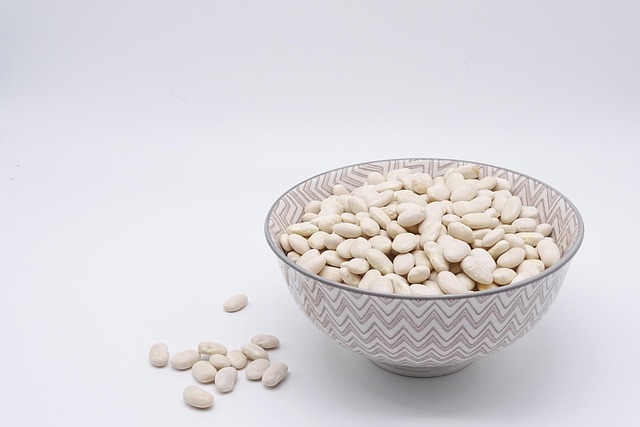Understanding Protein Intake for Enhanced Strength
For countless fitness enthusiasts and athletes, the quest for strength is an unending journey filled with hard work and determination. Every rep, every drop of sweat, and every aching muscle serves as a reminder of the dedication required to build a stronger body. But behind the scenes of this physical battle lies a crucial component that can significantly impact your results: protein intake.
The Foundation of Muscle Growth
When it comes to fitness and training, protein is your body’s prime building block. It plays a vital role in muscle repair and growth, making it essential for anyone looking to enhance their strength. After an intense workout, your muscles are crying out for recovery, and that’s where protein swoops in to help. This macronutrient aids in repairing those microscopic tears in muscle fibers that occur during vigorous activity. Therefore, prioritizing your protein intake is paramount in the pursuit of greater strength.
Finding Your Protein Sweet Spot
Not all protein sources are created equal, and the amount you need can vary based on your personal fitness goals, activity levels, and body weight. As a general guideline, aiming for about 1.6 to 2.2 grams of protein per kilogram of body weight is a great starting point for those engaged in strength training. It’s essential to distribute this intake throughout the day, ideally including a source of protein in each meal and snack to maximize muscle synthesis.
Timing Matters
In the world of fitness, timing can be just as crucial as the amount you consume. Consuming protein post-workout can significantly boost recovery and promote muscle growth. Ideally, you should aim for a protein-rich meal or snack within 30 to 60 minutes after your workout session. This practice enables your body to take full advantage of the anabolic window when muscles are most receptive to nutrients.
Best Sources of Protein
Incorporating a variety of protein sources into your diet not only keeps it interesting but also ensures you get a balanced intake of essential amino acids. Some excellent sources include:
- Lean meats: chicken breast, turkey, and lean cuts of beef
- Fish: salmon, tuna, and other seafood
- Dairy: Greek yogurt, cottage cheese, and milk
- Plant-based options: lentils, chickpeas, tofu, and quinoa
- Protein supplements: whey, casein, or plant-based protein powders
Protein Intake and Overall Health
Beyond building strength, adequate protein intake plays a role in overall health and wellness. It aids in maintaining a healthy weight, as it can enhance satiety, helping you feel fuller for longer. This can be particularly beneficial if you’re also engaged in other fitness activities or weight management programs. Furthermore, a protein-rich diet supports immune function, hormone production, and the health of hair, skin, and nails.
The Balance of Activity and Nutrition
The journey to optimizing strength is not solely about how much you lift—but also about how you nourish and care for your body. While pushing your physical limits during training is important, equally vital is the attention you give to your protein intake and overall nutrition. Finding that balance between activity and nourishment lays the groundwork for a strong, resilient, and healthy body.



